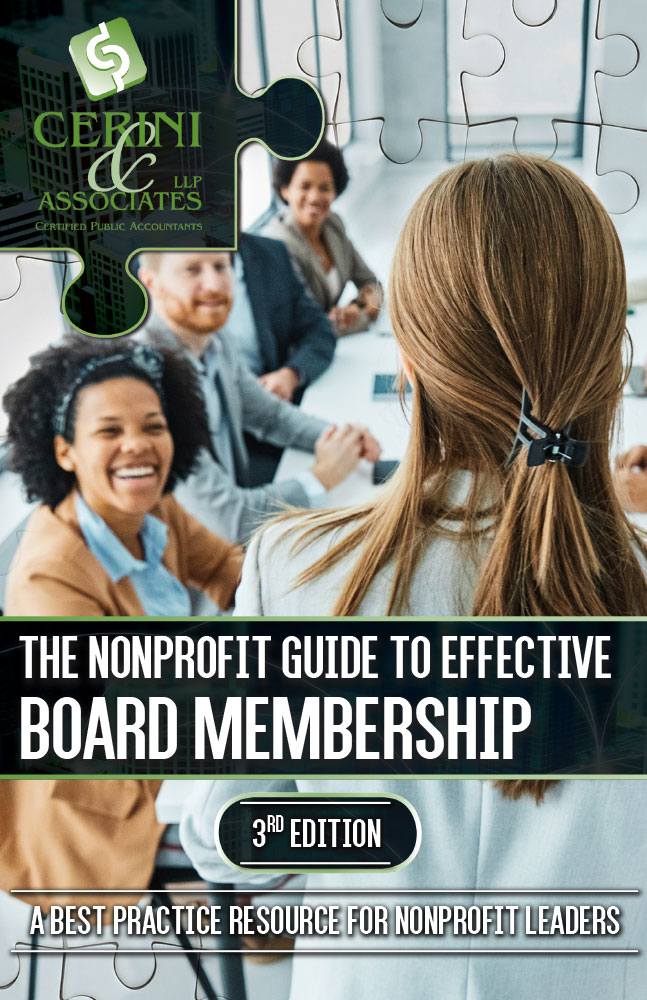To navigate the evolving nonprofit landscape successfully, organizations must tap into the unique perspectives and skills that Millennials and Gen Z bring to the table. These younger generations, shaped by digital fluency and a strong sense of social responsibility, offer invaluable contributions to board governance and strategic leadership. Here’s why recruiting them is essential and how nonprofits can effectively engage them.
Why Diverse Perspectives Matter
Nonprofits thrive on innovation and responsiveness to community needs. Board members with diverse backgrounds bring fresh perspectives that can enhance strategic decision-making and broaden organizational reach. Millennials (born 1980-2000) and Gen Z (born after 1995) embody these diverse perspectives, each with distinct qualities that enrich board dynamics and decision-making processes.
Millennials: Tech-Savvy and Community-Oriented
Millennials grew up as digital pioneers amidst the rapid rise of technology and social media. They are adept at leveraging digital platforms for communication, advocacy, and fundraising. This tech-savviness makes them invaluable in crafting and executing effective digital strategies that resonate with peers and supporters alike. Millennials prioritize work-life balance, transparency, and meaningful engagement with organizations that align with their values.
Gen Z: Digital Natives and Socially Conscious
Gen Z, the first true digital natives, has never known a world without the internet and smartphones. They are characterized by their fluency in digital communication and reliance on social media for information and engagement. Gen Z values sustainability, diversity, and inclusivity, expecting organizations to demonstrate genuine commitment to these values. They are proactive in seeking out opportunities to make a positive social impact and are eager to contribute their skills and insights to causes they believe in.
Harnessing Social Media Expertise
According to Classy data, 69% of next-gen donors prefer communication through social media. Younger board members are ideally positioned to leverage this channel effectively. They understand the nuances of social media engagement, creating compelling content that resonates with peers and supporters alike. Their familiarity with platforms like Instagram, TikTok, and Twitter can significantly amplify nonprofit messaging and fundraising efforts.
Peer-to-Peer Influence
One of the most potent assets of younger board members is their peer-to-peer influence. They excel in mobilizing support through relatable messaging and personal networks. Peer-to-peer campaigns organized by younger members often yield higher engagement and conversion rates, tapping into their authenticity and community connections.
Ensuring Relevance and Sustainable Growth
Beyond fundraising, younger board members contribute to organizational relevance and growth by staying attuned to evolving trends and community needs. Their firsthand experiences as digital natives and their commitment to social responsibility ensure that nonprofits remain adaptable and impactful in a changing world.
Strategies for Recruiting Younger Board Members
1.) Proactive Recruitment:
Actively seek out younger professionals and community leaders who are passionate about your cause. Establishing junior leadership groups or mentorship programs can nurture potential board candidates.
2.) Highlight Leadership Development:
Emphasize the skills and experiences board members gain, such as governance best practices and strategic planning. Provide opportunities for young leaders to contribute meaningfully and see their impact firsthand.
3.) Embrace Diversity:
Younger generations value diversity in action, not just in rhetoric. Ensure that your board reflects diverse perspectives, including age diversity, to foster inclusive decision-making and community representation.
4.) Tech Integration:
Demonstrate your nonprofit’s commitment to innovation by embracing technology. Implementing robust digital tools and platforms not only enhances operational efficiency but also attracts tech-savvy board members.
5.) Cultivate Engagement:
Make younger board members feel valued and respected. Encourage open dialogue, incorporate their ideas into strategic discussions, and recognize their contributions publicly.
Recruiting Millennials and Gen Z to nonprofit boards isn’t just about tapping into their technical skills or social media prowess—it’s about embracing their unique perspectives and commitment to social impact. By cultivating an inclusive and forward-thinking board environment, nonprofits can unlock transformative potential and ensure sustained relevance in an ever-changing world.






No comment yet, add your voice below!